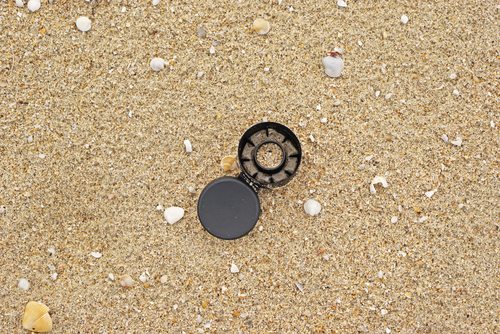 A report from several nonprofit conservation groups examines the most common plastic marine litter found in California. It also proposes alternatives for the items.
A report from several nonprofit conservation groups examines the most common plastic marine litter found in California. It also proposes alternatives for the items.

 A report from several nonprofit conservation groups examines the most common plastic marine litter found in California. It also proposes alternatives for the items.
A report from several nonprofit conservation groups examines the most common plastic marine litter found in California. It also proposes alternatives for the items.
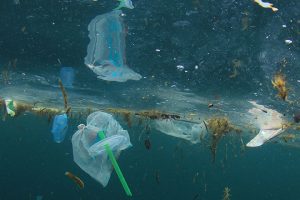 A new ocean plastics prevention effort connects brand owners with collected oceanbound material that can be used in manufacturing. A key stakeholder recently described the four-step approach the project will entail, and what that will look like on the ground.
A new ocean plastics prevention effort connects brand owners with collected oceanbound material that can be used in manufacturing. A key stakeholder recently described the four-step approach the project will entail, and what that will look like on the ground.
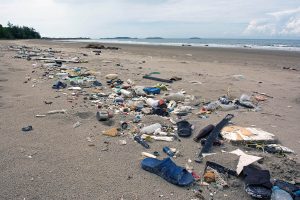 An industry-funded ocean plastics prevention initiative has received support from a number of new partners, including brand owners, a chemicals giant and an intergovernmental group.
An industry-funded ocean plastics prevention initiative has received support from a number of new partners, including brand owners, a chemicals giant and an intergovernmental group.
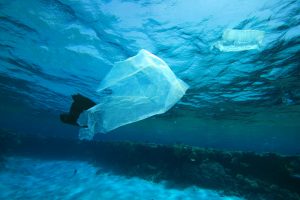 A bipartisan bill in the U.S. Senate expands efforts to combat marine debris and encourages the White House to work with countries most contributing to the problem.
A bipartisan bill in the U.S. Senate expands efforts to combat marine debris and encourages the White House to work with countries most contributing to the problem.
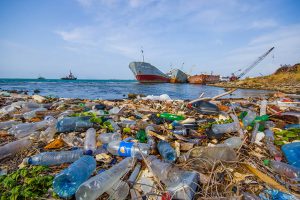 Major brands, nonprofit organizations and industry groups will raise $150 million to boost the collection and recycling of plastics that may otherwise become marine debris.
Major brands, nonprofit organizations and industry groups will raise $150 million to boost the collection and recycling of plastics that may otherwise become marine debris.
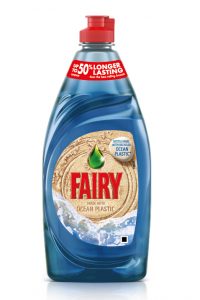 After producing 150,000 shampoo bottles made partially with recovered marine plastics, Procter & Gamble will now do the same thing with 320,000 dish soap containers.
After producing 150,000 shampoo bottles made partially with recovered marine plastics, Procter & Gamble will now do the same thing with 320,000 dish soap containers.
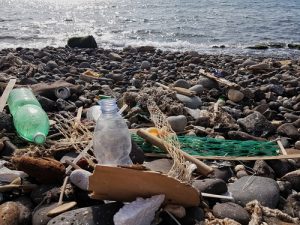 Large brand owners and manufacturers have formed an effort aimed at diverting millions of pounds of plastic material that could potentially end up as marine debris.
Large brand owners and manufacturers have formed an effort aimed at diverting millions of pounds of plastic material that could potentially end up as marine debris.
 One of the world’s largest footwear manufacturers sold 1 million pairs of shoes last year made partially with recovered marine plastics, and it expects to sell another 5 million this year.
One of the world’s largest footwear manufacturers sold 1 million pairs of shoes last year made partially with recovered marine plastics, and it expects to sell another 5 million this year.
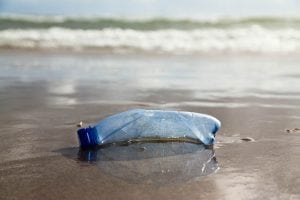 Multiple efforts that aim to gather information or provide a funding source for ocean plastics cleanup have recently been announced.
Multiple efforts that aim to gather information or provide a funding source for ocean plastics cleanup have recently been announced.
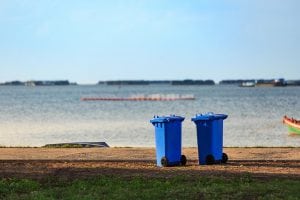 A $1 million grant from the Coca-Cola Foundation will kickstart a program to buy lidded recycling carts for coastal U.S. communities.
A $1 million grant from the Coca-Cola Foundation will kickstart a program to buy lidded recycling carts for coastal U.S. communities.
